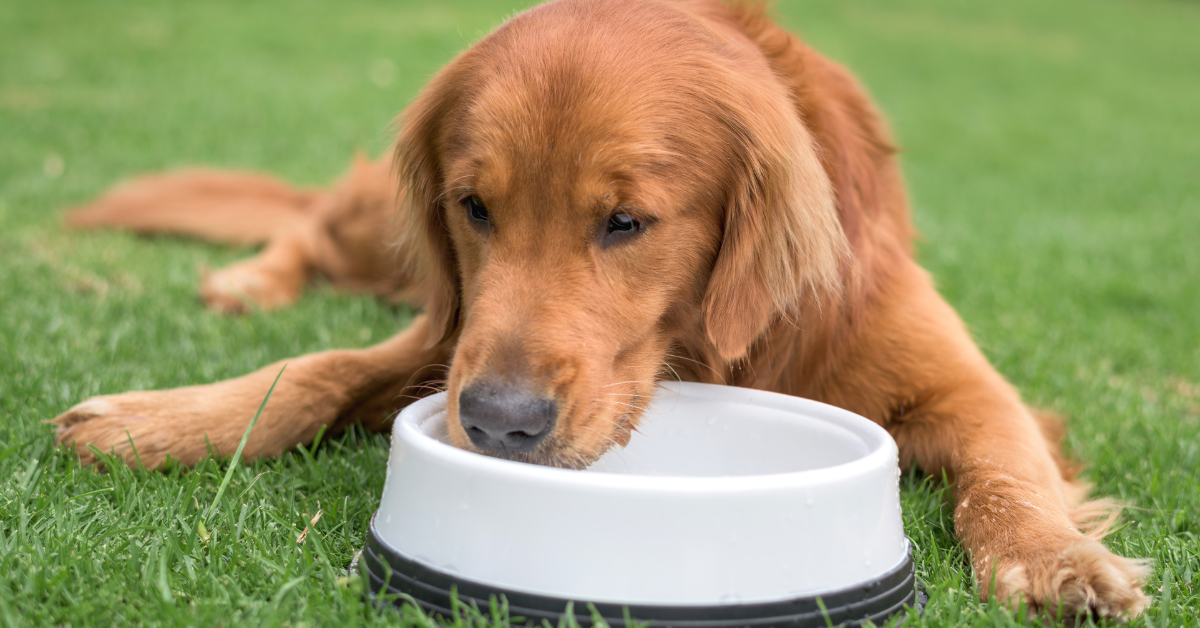Summertime is a season of joy and outdoor fun, but it can also present unique challenges for our pets. From heatstroke risks to the potential for harmful encounters with insects, summer has its share of hazards. But with a little knowledge and preparation, pet owners can ensure their beloved companions enjoy a safe and healthy summer season.
Understanding the Risks of Heat
Heatstroke
High temperatures can be dangerous for pets, especially for breeds with thick coats or short noses, such as Bulldogs and Persian cats. According to the American Veterinary Medical Association, pets can suffer from heatstroke if their body temperature rises significantly, leading to potential organ failure and even death.
Hot Surfaces
Pets’ paws are sensitive and can burn on hot asphalt or concrete. Remember, if it’s too hot for your bare feet, it’s too hot for theirs.
How to Keep Pets Cool
Provide Plenty of Water
Hydration is critical during hot weather. Always ensure your pet has access to fresh, clean water. Consider adding ice cubes to the water dish to keep it cooler for longer periods.
Keep Them Indoors
On particularly hot days, keep your pets indoors as much as possible, ideally in an air-conditioned space.
Avoid Midday Walks
Try to walk your pets early in the morning or late in the evening when temperatures are lower.
Protecting Pets from Pests
Summertime can bring out a host of pests that can harm your pets, including ticks, fleas, and mosquitoes. Check your pets regularly for any signs of these pests and use vet-recommended products to protect against them. The Humane Society has some excellent resources on this topic.
Summer Grooming
Regular grooming can help keep your pets cool and comfortable during the summer. Brush your pets frequently to remove excess hair and consider a summer haircut for long-haired breeds.
However, avoid shaving your pet entirely. The layers of your pet’s coat can protect them from overheating and sunburn. Always consult with a professional groomer or your vet before making significant changes to your pet’s coat.
Watch Out for Harmful Substances
Summer activities can often involve substances that are harmful to pets. Barbecue scraps can cause digestive issues, and certain plants and flowers commonly found in gardens, like lilies and azaleas, are toxic to pets.
Pools and bodies of water can also pose risks. Not all pets are natural swimmers, and pool chemicals can be harmful if ingested. Always supervise pets around water and rinse them off after swimming to remove any chlorine or salt.
Emergency Preparedness
Despite our best efforts, emergencies can still occur. Familiarize yourself with the signs of heatstroke in pets, which include heavy panting, lethargy, and vomiting. Have your vet’s number handy and know the location of the nearest emergency vet clinic.
While summer can bring several challenges for our pets, being prepared can ensure they stay safe and healthy throughout the season. Our pets rely on us for their well-being, so let’s make sure we’re doing everything we can to protect them from the heat and other summer hazards.

